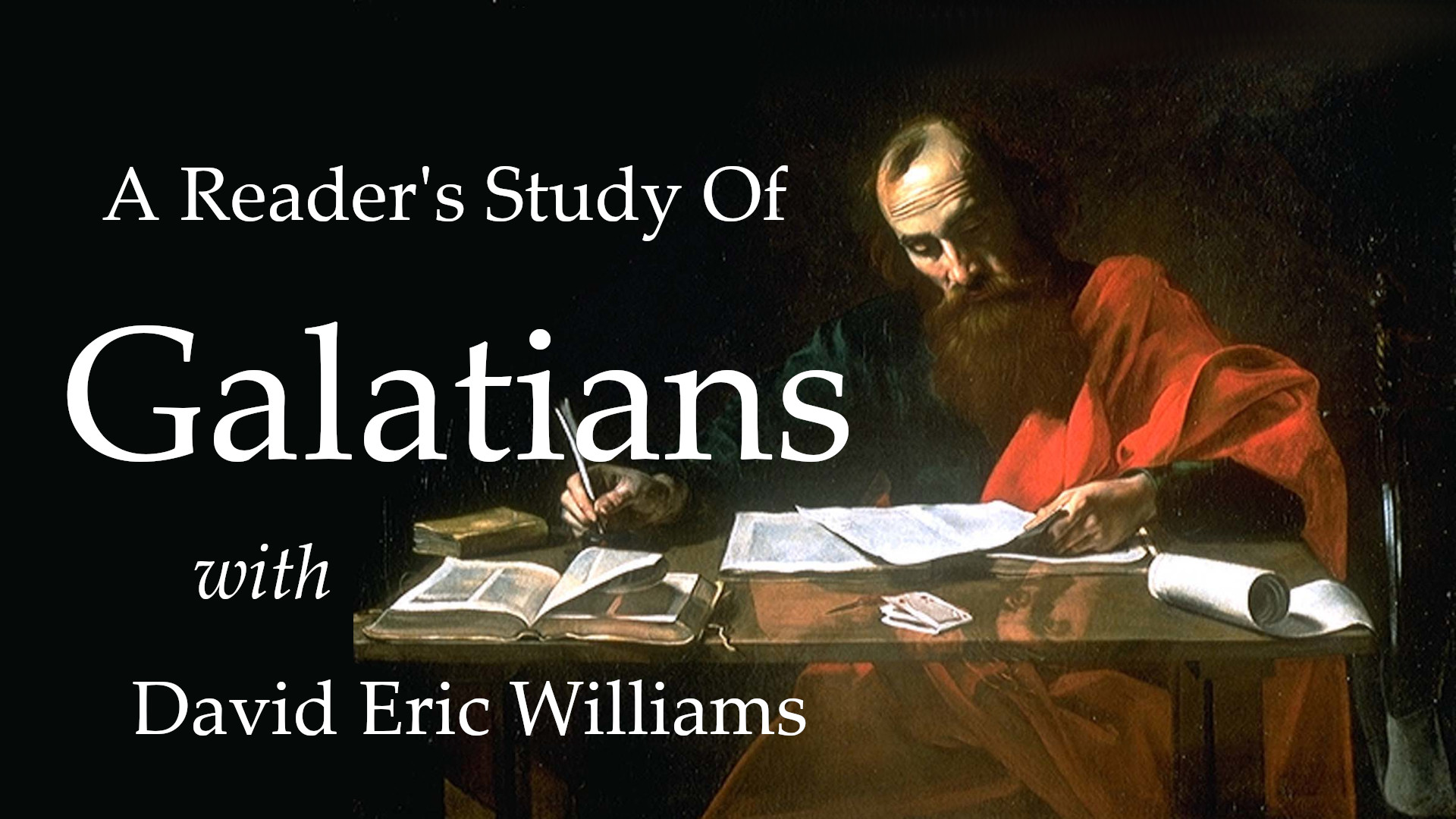Away To Arabia
© 05.22.23 By David Eric Williams
 Nor did I go up to Jerusalem to consult with those who were apostles before I was. Instead, I went away into Arabia, and later I returned to the city of Damascus. Then three years later I went to Jerusalem to get to know Peter, and I stayed with him for fifteen days. The only other apostle I met at that time was James, the Lord's brother. I declare before God that what I am writing to you is not a lie (Galatians 1:17-20 NLT).
Nor did I go up to Jerusalem to consult with those who were apostles before I was. Instead, I went away into Arabia, and later I returned to the city of Damascus. Then three years later I went to Jerusalem to get to know Peter, and I stayed with him for fifteen days. The only other apostle I met at that time was James, the Lord's brother. I declare before God that what I am writing to you is not a lie (Galatians 1:17-20 NLT).
After a robust beginning to the letter, 1:17-24 may seem a little odd. After all, Paul began by marveling at the Galatian foolishness and pronouncing curses on those who preach a false gospel. Now he seems to digress into an unimportant travel itinerary. However, we must keep in mind Paul's purpose. The real argument is not legalism versus grace – even though that is an important aspect. Instead, the letter addresses a worldview problem. In a nutshell, Paul is contrasting being a Jew to being in Christ. That is what had the Judaizers up in arms. They believed Jesus was the Messiah and that salvation is found in him but only for the Jew. Therefore the Gentiles must be circumcised and live according to the law – must be Jewish – or the salvific act of Christ wouldn't do them any good.
As a result, the gospel is at stake. Paul is concerned to show he is not following after tradition or modification of a tradition or any teaching of men. He was given a revelation on the way to Damascus and it changed his entire outlook. Thus, this "digression" is an important part of Paul's presentation because it supports his contention he did not sit at the feet of the "super apostles" to learn the gospel.
Instead, Paul went to Arabia. The point is not so much the place on the map Paul traveled to; his emphasis is on what someone does when they go to Arabia. You see, in the days of Paul, Arabia was the name given to the area where Mt. Sinai was located. Granted, "Arabia" covered a large area beyond Sinai but it seems Paul's intent is to continue his earlier association with the prophetic mission of the Old Testament. In other words, Paul is saying he went to Arabia (Mt. Sinai) to receive the word of the Lord much like Moses. Like Elijah, Paul went to Sinai to get things right with Yahweh and better understand his commission. So this section of the letter provides additional emphasis on Paul's direct revelation from Jesus.
The gospel Paul received eliminated the distinction between Jew and Gentile. The true gospel defined humanity as either in Jesus or outside of Jesus. In the new age of the Son of Man, personal identity is ultimately defined by a one's relationship to Jesus the Christ. It is in the evil age that people are defined by race, culture and ethnicity.
Now, Paul admits he spent time with Peter but he is not suggesting he learned the gospel from him. He was not in Jerusalem to learn truth; he was there to establish fellowship. The only other leader he met at that time was James, the Lord's brother. And the fellowship Paul had established with Peter and James was now in jeopardy because the Judaizers sought to maintain a distinction between Jew and Gentile In a worst-case scenario the fledgling church would be split along racial and cultural lines. Paul was not about to let that happen.
We will return to this subject in a couple weeks.
Entire Site Copyright © 2025 By David Eric Williams










